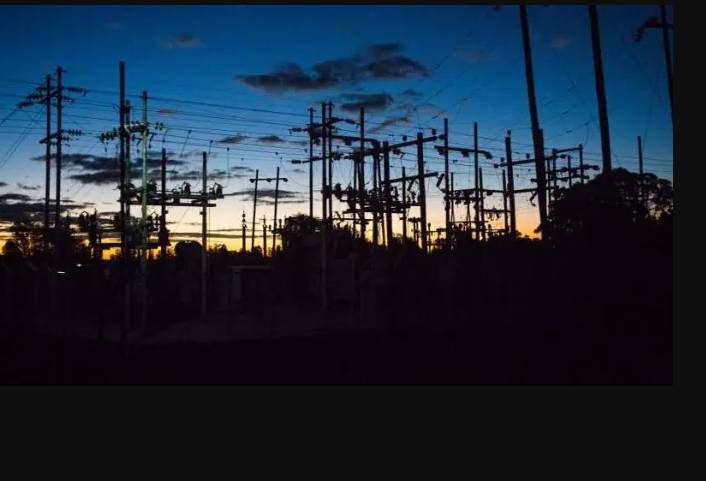Power outages plunge Zambia and Zimbabwe into darkness

Widespread power outages swept across Zambia and Zimbabwe on Sunday night, leaving millions without electricity in what officials described as a significant system failure.
The blackouts occurred around 8:00 p.m. local time (6:00 p.m. GMT) in both countries and have been attributed to a surge on the interconnected power transmission lines linking them to South Africa’s state-owned power utility, Eskom.
Cause of the Outages
Electricity providers in both nations, Zambia’s Zesco and Zimbabwe’s Zimbabwe Electricity Supply Authority (ZESA), pointed to a “system disturbance” as the cause of the outages.
In a statement issued on Monday, Zesco reported that its engineers had promptly initiated the process of restoring power.
“Preliminary findings indicate that the disruption likely originated from power transmission lines connected to Eskom’s grid,” a Zesco spokesperson stated.
Both Zambia and Zimbabwe have been heavily reliant on electricity imports from South Africa to address growing energy deficits caused by low water levels at the Kariba Dam, which the two nations jointly operate for hydropower generation.
Worsening Energy Crisis
The Kariba Dam, a critical source of electricity for both countries, has been grappling with reduced water levels due to prolonged droughts in the region.
This has severely constrained hydropower output, forcing Zambia and Zimbabwe to increase their reliance on imports from neighboring countries.
Residents in major cities, including Lusaka and Harare, have reported prolonged blackouts, with some areas still awaiting restoration.
Businesses in both capitals have also been disrupted, compounding economic pressures in two nations already grappling with persistent power shortages.
As engineers work to stabilize the grid, officials have called for patience and reassured citizens that efforts are underway to prevent similar incidents in the future.
However, the outages have reignited calls for long-term energy solutions in a region increasingly vulnerable to climate-related challenges.
About The Author
dailymailafric
I am an avid African news observer, and an active member of Daily Mail Africa.
I’m Passionate about staying informed on diverse topics across the continent,
I actively contribute to publishing on political, economic and cultural developments in Africa.



